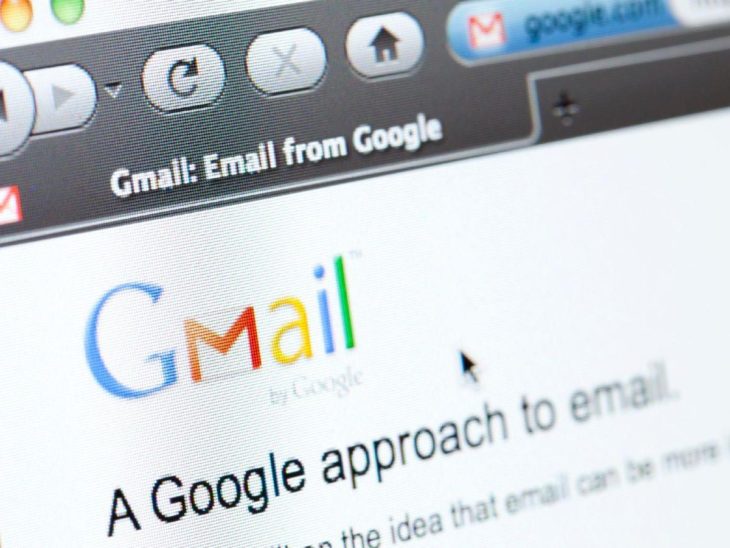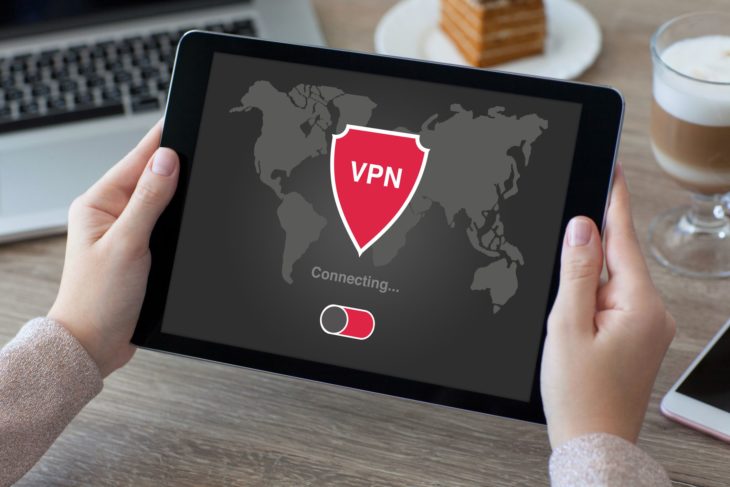When you constantly hear about privacy and data scandals in the news, learning how to secure your identity online is necessary. In this article, you will be able to learn about the ways to gain anonymity for most web-based activities and communications. Let’s take a look:
Contents
1. Secure your email with extensions

Source: Computerworld UK
If you are using the most common email service like Gmail, Outlook, or Yahoo Mail and you cannot switch to a more secure service provider, then you should consider installing extensions like Mailvelope. This extension will bring OpenPGP encryption to your email service. Also, there is a similar extension, SecureGmail, which will encrypt and decrypt the emails you send via Gmail.
2. Incognito
This is one of the basic privacy options for users that anyone can take advantage of. The most used browsers, Google Chrome, Internet Explorer, Mozilla Firefox, and Safari have anonymous browsing modes. Once activated, your browser will not store cookies or Internet history records.
3. Block and manage trackers
A lot of websites will track and collect the browsing habits of the users when they visit their site. These trackers cannot be seen and most people do not even know that they are being tracked. Ghostery is a free extension which is available on most web browsers, and they will reveal the trackers, which are also known as web bugs. Once installed, you will be able to decide on the web bugs that you are comfortable with tracking you and which ones you would like to block.
4. VPN

Source: Lifewire
One of the most effective ways to protect yourself and your privacy online is through Virtual Private Networks or for short, VPNs. According to the experts from www.vpnside.com, a VPN will hide your IP address and run all your online data by an encrypted and secure virtual tunnel, which will keep websites from tracking your activity online. There are various VPNs to choose from, so you will be able to pick the one that you think is best.
5. Proxy Server
A proxy server is basically a computer by which your online activity is processed, basically acting as an intermediary between your PC and the Internet. Hence, this is a good option for maintaining your online privacy since the proxy masks your IP address with its own. If the proxy is based in a different country than your own, you will be able to trick websites into thinking that you are browsing from a completely different country.
Cookies are bits of codes that are automatically downloaded from a website and they are then stored on your system. Cookies allow sites to easily and quickly remember that you have already visited a specific website, and if you have, the site might change specific aspects of the site based on the information that the cookies stored in order to give you a useful and personalized experience. You should remember to delete the cookies from your browser, but if you want to make sure that you have completely deleted them, you can opt for using CCleaner which is a powerful and useful tool.

Source: Kaspersky
Conclusion
Now that you know how you can protect your privacy on the Internet, start planning the perfect strategy to remain anonymous and private online.
